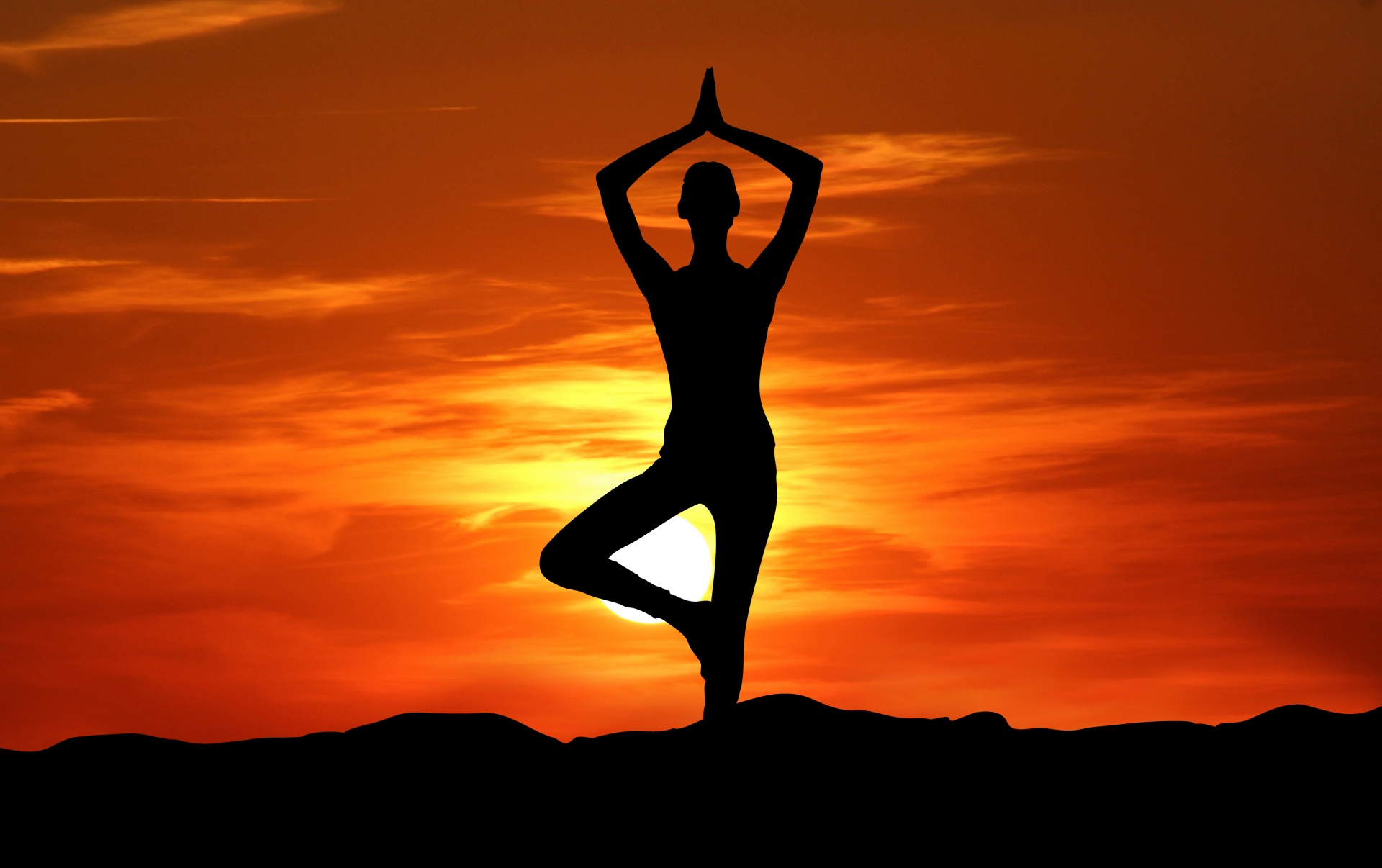
The Cultural Appropriation of Yoga
Yoga. Most of us have heard of it by now. Practiced by nearly thirty-six million Americans and celebrities to the likes of Robert Downey Junior, Matthew McConaughey, and Madonna, Yoga has become a quintessential and popular lexicon of American popular culture and life. A twelve-billion-dollar industry and growing, Yoga is no doubt a massive part of America's fitness industry and of our economy. Yet as the popularity of Yoga has continued to grow, the true essence and purpose of it has begun to deteriorate.
Yoga originated in the Indian subcontinent thousands of years ago. An important aspect of Hindu and later Jain and Buddhist Culture, Yoga was described in the Vedas and later in the Patanjali Yoga Sutra as a method to attain mental clarity and self-realization. The west was introduced to Yoga in the late 19th century by the Hindu monk Swami Vivekananda. A disciple of the mystic Sri Ramakrishna, Vivekananda eloquently described the prowess one could gain through the diligence and practice of physical Yoga as well as things such as Bhakti Yoga, Jnana Yoga and Karma Yoga, the yoga of devotion, knowledge and work respectively.
Yoga is intrinsically a pillar of Hinduism, as stated by the journal Hinduism Today "The roots of yoga, its scriptural origins, are Hindu. The stem of yoga, its practice, is Hindu; and the flower of yoga, mystical union with God, is Hindu. Yoga, in its full glory, is entirely Hindu." This reality has been accepted by leaders of religious institutions, but the behemoth that is the American fitness industry has taken a different approach to market yoga— rebranding it.
The United States has thousands of Yoga Studios, yet of these studios very few acknowledge the origins of Yoga. My mother, a certified Yoga teacher and member of a national yoga teacher association, indicated that her course content stated that Yoga was an "ancient" practice. No mention of India. No mention of Hinduism and no mention of the significance the practice of Yoga has to billions of Hindus. Apparently, the course had gone on to discuss explicitly Hindu ideas such as those of the "Chakras" yet again referred to them as "ancient." This is what is the most concerning. Practicing Yoga and refusing to acknowledge the roots of it is cultural appropriation, plain and simple.
Just like many aspects of African American and Black Culture, Yoga has been taken and repurposed to serve a different audience all while forgetting to attribute proper credit. Yet as Sanskrit words such as "Mukha Svanasana" and "Ananda Balasana" are appropriated into terms such as "downward dog" and "happy baby" we must remember that erasing something doesn’t make it our own. Instead, let’s try to recognize the contributions made in our life not just by the Hindu monks that developed the practice of Yoga thousands of years ago, but also by the people of all cultures and backgrounds who have developed the things that shape our lives.
Citations
https://www.womenshealthmag.com/uk/fitness/a708863/celebrities-who-do-yoga/
https://www.ibisworld.com/united-states/market-research-reports/pilates-yoga-studios-industry/#:~:text=trends%20outlined%20above.-,Pilates%20%26%20Yoga%20Studios%20in%20the,industry%20trends%20(2014%2D2019)&text=Furthermore%2C%20an%20estimated%2080.0%20million,of%205.1%25%20to%20%2412.8%20billion.
https://www.bbc.com/news/magazine-21045281
https://www.hinduismtoday.com/modules/smartsection/item.php?itemid=5673

































Comments